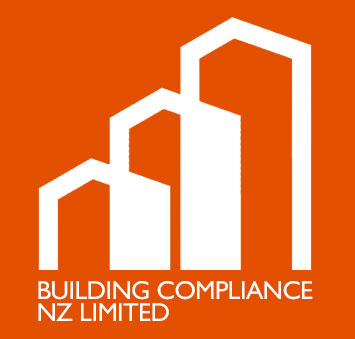I own a commercial/industrial property, what does the Building Act say I have to do?
As the owner of a commercial/industrial property, the Building Act requires you to ensure the safety and proper construction of your building. Specifically, if your building has specified systems, you must:
1. Obtain a Compliance Schedule:
This document outlines the inspection, maintenance, and reporting requirements for the specified systems in your building.
2. Ensure Specified Systems Operate Effectively:
You’re responsible for making sure these systems function correctly throughout the building’s lifespan.
3. Produce a Building Warrant of Fitness (BWoF) Annually:
This is a confirmation that all the specified systems in your building have been regularly inspected, maintained, and reported on, as required by the Compliance Schedule.
By adhering to these requirements, you ensure compliance with the Building Act, promoting safety and proper building standards.
What is a Building Warrant of Fitness (BWOF)
A Building Warrant of Fitness (BWOF) is a certificate that a building owner issues to confirm that all specified systems within the building have been inspected, maintained, and are functioning as required by the compliance schedule. It serves as verification that the necessary inspection, maintenance, and reporting procedures for these systems have been properly conducted over the past 12 months, in line with the compliance schedule’s standards. Essentially, a BWOF is a declaration that the building’s critical systems are up to code and operating safely.
Is it possible for me, as the owner or manager, to personally manage the entire Building Warrant of Fitness (BWoF) process?
As an owner or manager, you cannot handle the entire Building Warrant of Fitness (BWoF) process by yourself. A BWoF requires inspection by an Independent Qualified Person (IQP). An IQP is someone recognized by your local council as qualified to test, inspect, and maintain specified systems in a building to ensure compliance. The term ‘Independent’ means the IQP must not have any financial interest in the building they inspect. Therefore, you cannot complete your own building’s BWoF, even if you are an IQP yourself, due to this requirement for independence.
Who is responsible for issuing the Building Warrant of Fitness (BWOF)?
The responsibility of issuing the BWOF certificate annually lies with the building owner. It’s mandatory for the owner to:
1. Issue a BWOF.
2. Publicly display the BWOF certificate (Form 12)
3. Submit copies of the BWOF and IQP Certificates (Form 12A) to the Council
4. Secure annual IQP reports on inspection, maintenance, and reporting as per the compliance schedule, keeping these reports on-site for two years for inspection upon request.
Non-compliance with the Building Act 2004 entails various penalties:
– A fine up to $20,000, plus $2,000 daily for continued non-compliance with compliance schedule requirements.
– Fines up to $20,000 for not displaying, or displaying incorrect BWOF.
– A maximum fine of $5,000 for not reporting changes in building use.
– Up to $100,000 fine for using or allowing the use of an unsafe or unsanitary building, or one with inadequate fire escape means.
Can I make my tenant responsible for the Building Warrant of Fitness?
The building owner’s responsibilities are clear, whether or not the building is tenanted. A building owner may delegate their responsibility to a tenant. But this does not alleviate the owner from liability if the tenant fails to fulfil obligations. A building owner or anyone acting on the building owner’s behalf in supplying documentation for the BWOF may be liable if they make a false or misleading statement.
How can BCNZL help you?
Our services significantly ease challenging process of handling BWoF paperwork & neccessary Fire Safety compliance for building owners.
– Stress Reduction for Building Owners:
BCNZL eases the complexity of BWoF paperwork, alleviating owner stress and workload.
– Dedicated Representation:
Meticulous arrangement of all necessary IQP inspections for your building’s systems.
– Document Management:
Diligent compilation of all required documents for BWoF compliance.
– Timely BWoF Issuance:
Ensuring the BWoF is issued on schedule.
– Council Liaison:
Smooth communication with the Council to facilitate a hassle-free process.
– Expert Advice and Support:
Specialised compliance advice and technical assistance for comprehensive management of building compliance needs.

